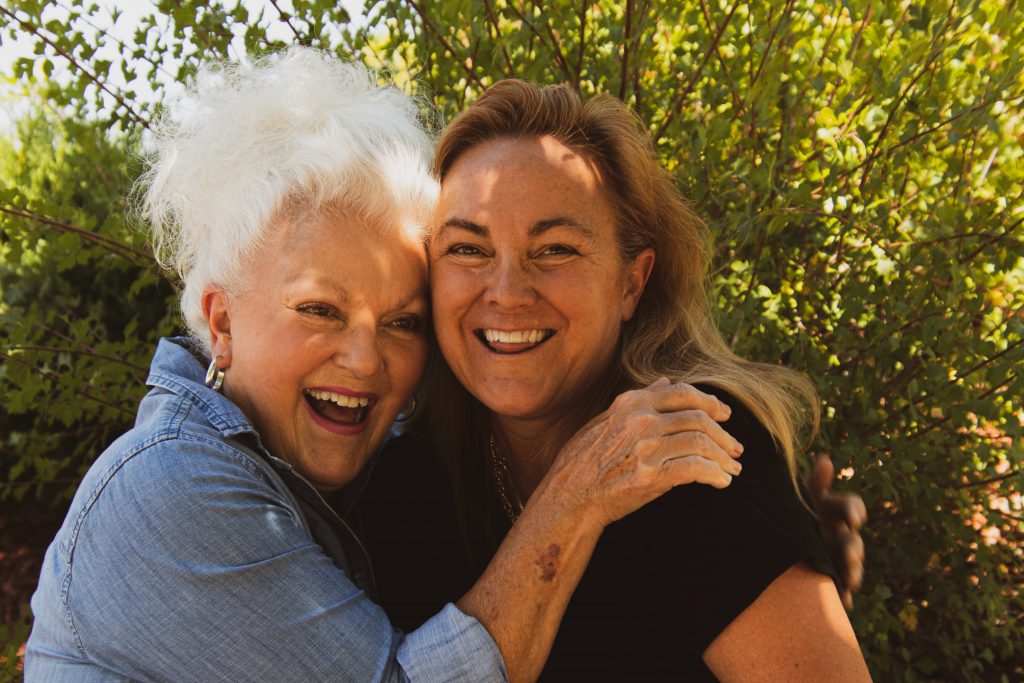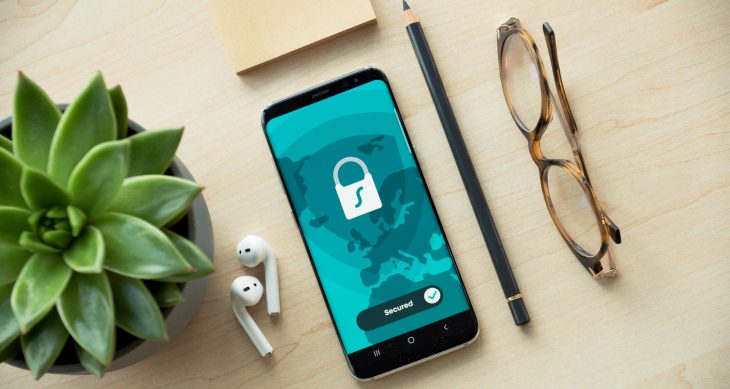
- Posted on
- Comments 0
Tips on Self Care for Caregivers, Including Parents
Taking care of others, even your own children, can be stressful and overwhelming—especially if you’re on the hook for providing both financial support and personal care. When you’re in this situation, it’s crucial to make sure you’re taking care of yourself too. To help you learn how to take better care of yourself when you’re also taking care of someone else, here are some tips on self-care for caregivers, including parents.

1) Be Kind to Yourself
When you’re a caregiver, self-care is critical. Like putting on your own oxygen mask first, before helping others on a plane, you’re unable to be a good caregiver if you get too drained. Many caregivers spend so much time and energy taking care of others that they neglect themselves, and if you don’t take care of yourself, your ability to provide quality care suffers. That doesn’t mean letting go of your responsibilities or denying yourself things—it means making yourself a priority and building good self-care habits (like getting enough sleep). It also means talking about these challenges with someone who can support you through them. A supportive partner or friend can help keep you grounded when you need it most.

2) Understand What Self Care Is
Self care is all about taking care of yourself, and no, it’s not selfish. You can’t do it all and you shouldn’t try, and you don’t have an unlimited supply of energy to take care of other people without taking some time to take care of yourself. It’s crucial to be honest with yourself and others about what you can handle and when your energy reserves are drained.
Self care is:
- taking time for yourself
- making sure your needs are met
- making sure your stress levels don’t get out of control
- getting enough sleep
- finding joy in what you’re doing
Self care is not:
- selfish
- manipulative
- giving up
- leaving altogether

3) Set Boundaries
Staying healthy as a caregiver is about more than just caring for others; it’s also about taking care of yourself. Set boundaries for when you need help or want time alone so that everyone in your life knows what to expect from you. And don’t feel guilty when you say no—you aren’t a bad person if you need time to rest and can’t take care of everything that’s being asked of you. In fact, saying no is a valuable form of self care! Sit down with your loved ones, and discuss what you can handle (and what you can’t). If they refuse to participate and help, if it’s your children, there are consequences you can dole out (for example, grounding them from their devices), but if it’s your parents or someone else you’re caring for, you may feel stuck and frustrated. There are other support avenues out there though, from paid respite help, to counseling, to leaning on your support network to get through. Walking away, even for a short time, can help you feel empowered and restore some of your energy.
You aren’t a bad person if you need time to rest and can’t take care of everything that’s being asked of you. In fact, saying no is a valuable form of self care!
4) Remember Why You’re Doing It
It’s really easy to forget why you’re working so hard when you’re working so hard. So stop every once in a while and ask yourself Why am I doing what I’m doing? Ideally, you’re caregiving from a place of love, rather than a lack of other options, so spend time to reflect on your love for the person/ people you’re taking care of, and maybe find a fun activity that’s restorative for both of you. For your children, maybe it’s a day at the park or the beach, maybe it’s going to the library, maybe it’s going out for ice cream. For your parents or other elders, maybe it’s getting a pedicure, or going to the park, or popping popcorn and watching a movie together at home that you both enjoy. Regardless, it’s much easier to remember why you are caregiving when you take time to practice self-care, and can take that much-needed breath to focus on you and ensure that your batteries are recharged.
One form of self care is finding ways to reduce annoyances in your life– and an easy way to save yourself hours of stress and frustration– is taking three minutes to set up Easeenet. Never forget a password again, and have all of your critical documents and information at your fingertips!

